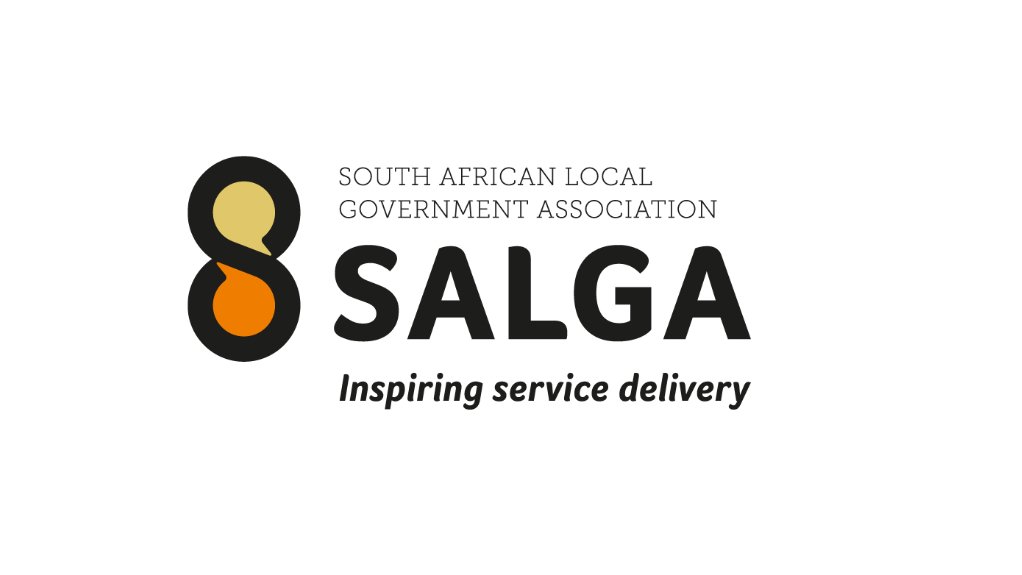Cooperative Governance and Traditional Affairs Portfolio Committee acting chairperson Dikeledi Direko has called for clearer distinction between political oversight and administrative execution, urging the South African Local Government Association (Salga) to lead in the development of stronger training and performance management systems for municipal councillors and officials.
The committee expressed concerns about the disconnect between local government's strategic plans and the reality of service delivery in communities.
The committee received a briefing on Salga’s 2022-2027 strategic plan as well as the 2024/25 second- and third-quarter financial and non-financial performance reports of municipalities.
These plans and reports are presented to parliamentary committees to ensure accountability, transparency and effective resource management, to enable committees to scrutinise departmental performance and spending and hold them accountable to the public.
Noting Salga’s role, the committee interrogated its impact amid continued political instability, the politicisation of municipal administration and skills shortages that it said paralysed municipal performance and fueled systemic inefficiencies.
“It is cause for serious concern the ‘invisible hand’ (politicisation) that is part of local government, and we need to strongly condemn such practices. As political parties, we need to ensure that in elections we put forward councillors that can add value to local government,” she explained.
Direko said councillors were often unable to hold officials to account, noting that municipalities needed councillors who could assist to turn around the system.
She highlighted that Salga was 71% on track with its strategic plan, noting a 10% improvement in identified municipalities, thus far.
“…Salga has completed pre-assessments in 23 municipalities. Members, however, emphasised that progress with performance indicators on paper rings hollow when communities cannot access basic services,” she said.
The committee sought clarity on the impact of Salga’s interventions and capacity-building efforts in poor consequence management for senior management in underperforming municipalities.
Salga will provide written examples of success stories.
The committee also expressed concern over Salga's financial sustainability, with committee members highlighting that over 90% of Salga’s funding comes from municipality membership levies, which Direko noted might compromise the entity’s ability to intervene and support municipalities.
The committee was assured that Salga was open to exploring alternative revenue sources, but Direko said legal considerations must be ironed out.
“The committee heard that part of Salga’s mandate is to build the capacity of municipalities, as well as the leadership and technical capacity of both councillors and municipal officials, and to support and advise its members to help them execute their mandate,” she said.
The committee also noted poor coordination with and inclusion of traditional leaders in municipal planning and governance issues.
“Traditional leaders, as part of our stakeholders, should not be left behind and treated as ‘by the way’ stakeholders in local government. They should be included and they should be heard,” Direko said.
EMAIL THIS ARTICLE SAVE THIS ARTICLE ARTICLE ENQUIRY
To subscribe email subscriptions@creamermedia.co.za or click here
To advertise email advertising@creamermedia.co.za or click here











